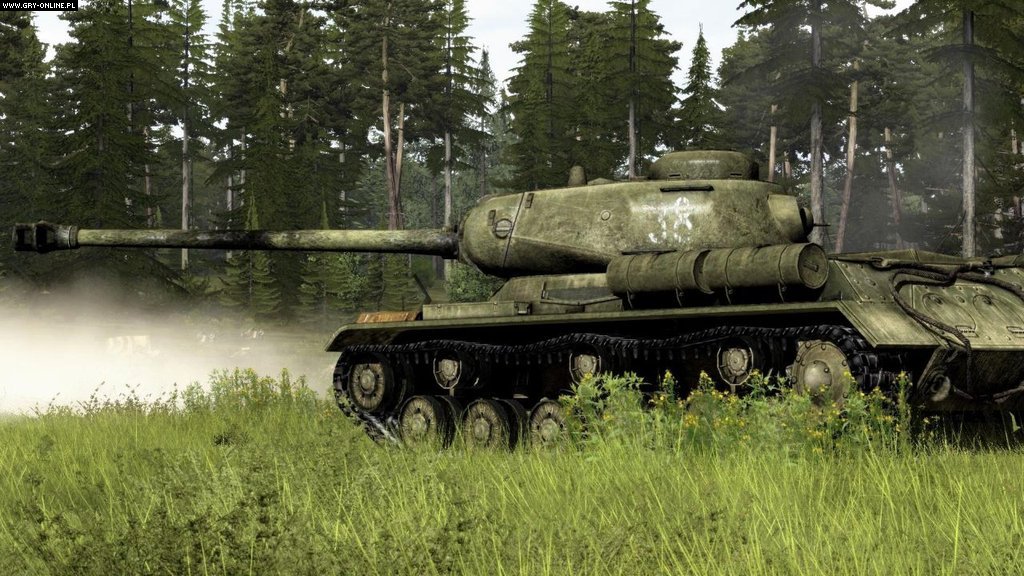

Rubenis fought the Germans for three days and was annihilated Rubenis fell during a Latvian counter-attack trying to break through the German encirclement but some of the Kurelians escaped. Seven of their officers (including Upelnieks, a member of the military committee of the underground Latvian Central Council) were sentenced to death by a Nazi military tribunal and shot in Liepāja on November 19. On November 14 the Germans surrounded and disarmed the Kurelians. The Kurelians assisted the Latvian Central Council “boat actions” to Sweden and established radio contacts with Sweden. On September 23 the Kurelians retreated through Rīga to northern Courland, leaving behind a group of 150 men to operate in the Soviet rear. The Kurelians expected ultimately to fight both Soviets and Nazis and to remain in Latvia as nationalist partisans if the Germans withdrew, or even to hold a part of Latvia until help arrived from the Western Allies. Volunteers were attracted by word of mouth. Estimates range from 1,200 to 16,000, while the Germans were told that the group had only 500 men. The unit was organized on July 28, 1944, by a directive from Veide, the administrator of Rīga township, for the officially avowed purpose of fighting Soviet partisans who had recently been dropped by parachutes in great numbers, and for the formation of German-supported Latvian partisan groups which would operate in Soviet-occupied Latvian regions. The Latvian Central Council managed to form their own military unit, disguised as a Home Guard unit, commanded by General Jānis Kurelis the men were popularly known as Kurelians ( Latvian: Kurelieši). The periodicals propagated the idea of renewing democracy in Latvia after the war. It published the outlawed publications Jaunā Latvija (New Latvia) and Neatkarīgā Latvija (Independent Latvia). On Augmembers of the four biggest Latvian political parties founded the Latvian Central Council.

The radical nationalist organization “ Pērkonkrusts” was allied with the Germans in the first months after the invasion, however, when repressed by the Germans it again started underground resistance.
Iron front liberation 1944 gamespy shutdown free#
There were many small underground groups of the national resistance movements focused on the restoration of the independence of Latvia like The Latvian Nationalist Union, Latvian National Council, the Officer Union, organizations “The Latvian Guards”, “New Regiments“, “The Free Latvia”, “The Latvian Hawk organization” and others.


 0 kommentar(er)
0 kommentar(er)
